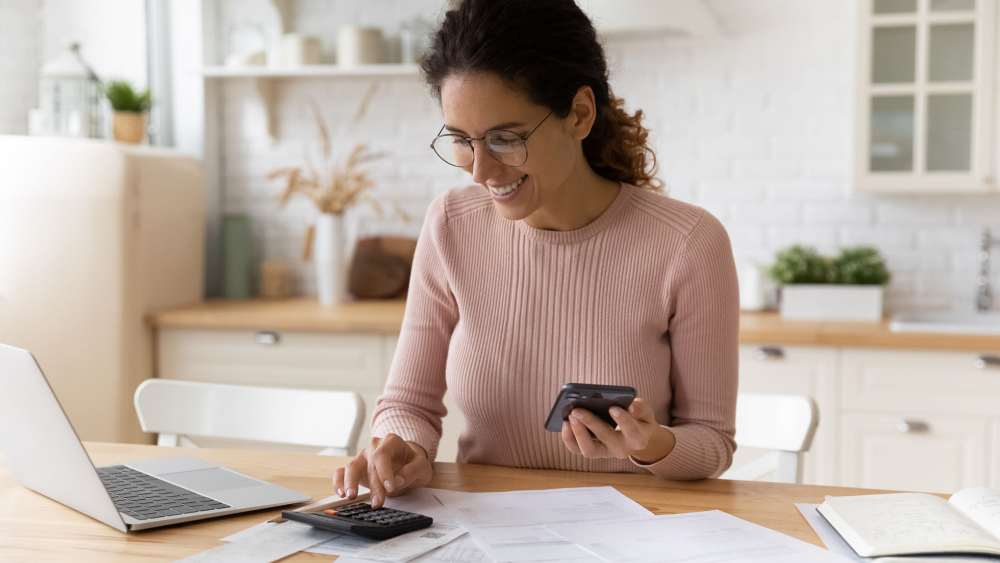The beginning of the year is stressful for many because it’s tax season. Not only is it incredibly tedious to answer a seemingly endless questionnaire, but there are two primary outcomes. The less desirable outcome is that you could owe the government money. However, it feels like a little reward when you get a refund.
How you spend (or save) that refund is up to you, but if your goal is to buy a new home, it might behoove you to put it toward the various costs of being a homeowner. Let’s go through four ways that you can leverage your tax return to buy a home:
Save for a Down Payment and Closing Costs
Your down payment will be one of the highest costs of buying a home. Whether you intend on buying a house sooner or later, you should be saving to pay this expense. A down payment can vary depending on several factors, such as the price of the home, your credit history, and the loan you secure. The standard is that the down payment is 20% of the purchase price. However, depending on the lender, it can be as low as 3%. Every penny is important, so save that tax return for your down payment.
Closing costs are the expenses incurred throughout the home-buying process. This typically occurs during the closing, when the property's ownership is transferred to the buyer. Costs could include fees associated with loan origination, appraisal, home inspection, or title insurance. While the prices vary depending on the property, the typical range is 2% to 5% of the purchase price.
Pay Off Debts to Increase Credit Score
Credit score greatly impacts your ability to buy the house of your dreams. While purchasing, a lender will review your reliability when paying off debts on time. The longer you leave an outstanding debt, the worse your credit score. With a low credit score, a lender won’t feel confident you’ll be able to pay off a loan; thus, they won’t approve you. Don’t let your debts weigh you down in the homebuying process. If you’ve got credit card debt, student loans, or medical debt, utilize your tax return to pay them off.
Invest in Home Buying Education
Home buying education means learning about the various aspects of the home buying process, including purchasing, pre-approval, loan securing, and property evaluation processes. There are various seminars, workshops, and classes offered by the community, government, and financial institutions to give you that education. Turning to a real estate agent is also an excellent option for your tax return. Buying a home can be stressful. With these under your belt, you’ll feel confident you’re making the best decisions for your family in your new home.
Make Renovations
So far, we’ve discussed how to leverage your tax return for your future home. But what if we looked somewhere a little closer to home? Selling your current home is also part of the home-buying process. Investing in your current home is a great option for your tax return. Renovations increase your home's resale value and pose great benefits when putting it on the market.
Some of the major spaces you could renovate include the kitchen, bathrooms, flooring, paint, and exterior curb appeal. Use your tax return to replace appliances, update cabinetry, upgrade fixtures, redo the flooring, or add landscaping. Renovation can even be as simple as applying a fresh coat of paint. Just remember that your home's value should match the listing price and the market in your area.
If you’re ready to build the next place you call home, check out all Brunswick Crossing offers. With a variety of models and resort-style amenities, your dream home awaits. Take a virtual tour today and explore the plethora of opportunities right at your doorstep.




